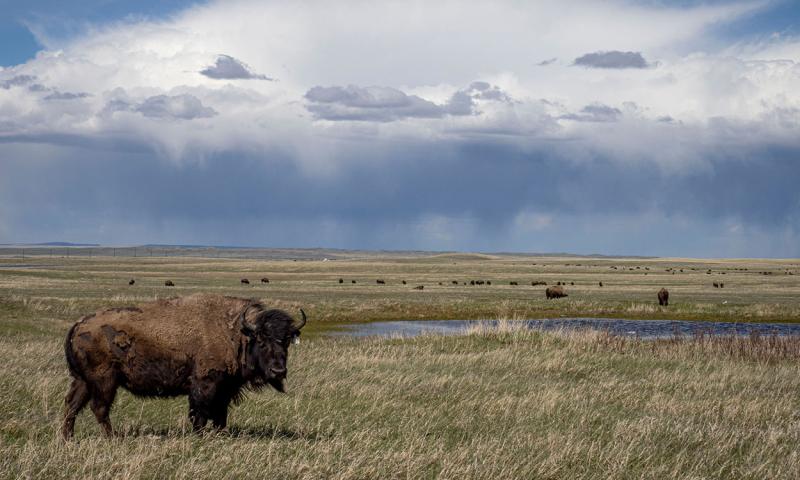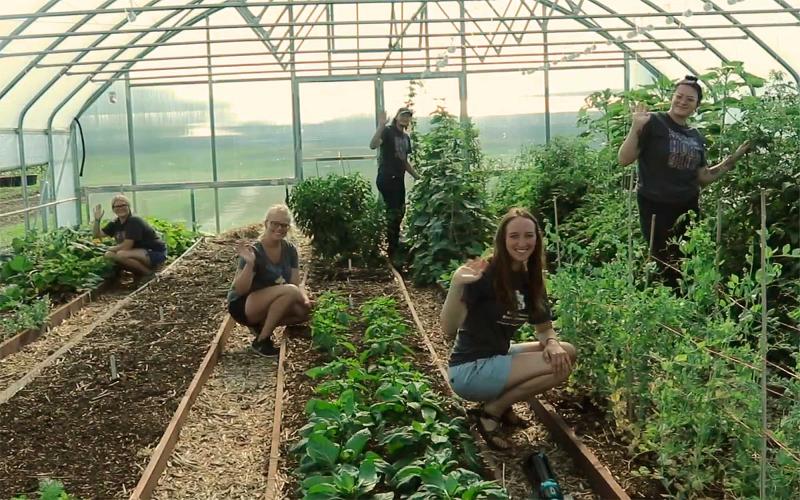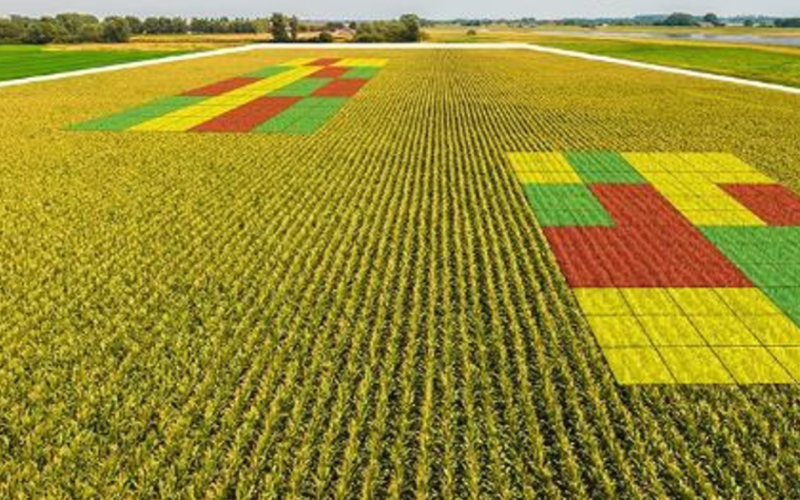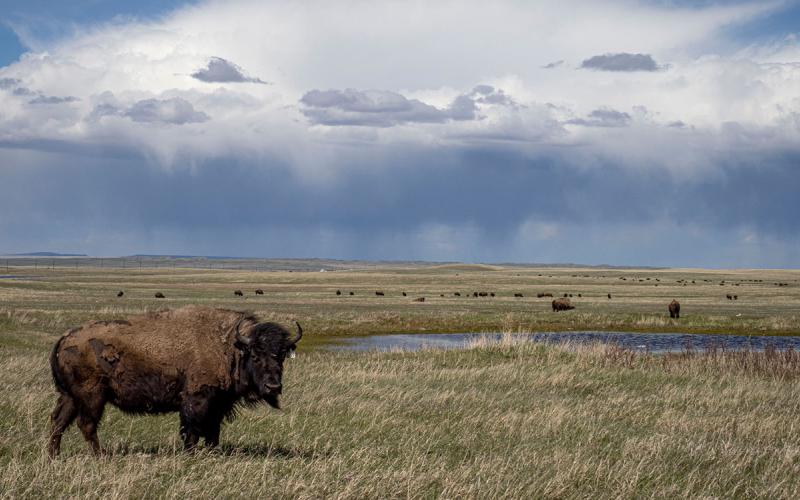The Decoding Bison program is designed to equip bison managers from the private, tribal, nonprofit government organization and public sectors with the knowledge and skills necessary for effective bison management that is both evidence-based and informed by best practices.
Key Features
This program offers a blend of lectures and articles covering bison biology, ecology and management. Participants gain insights into various aspects of bison management through a series of structured topics and hands-on experiences.
The program begins with an introduction to bison biology and behavior, covering basic anatomy, physiology, life history, social structure and behavior. Participants learn about habitat requirements, including range conditions, grazing preferences and the impacts of bison on rangeland ecosystems. Additionally, the historical context of bison is explored, highlighting their role in North American ecosystems, their decline and recovery efforts across all sectors.
In the section on bison management practices, participants will discover grazing strategies, rotational grazing and how to monitor rangeland health. They will get to know different types of fencing, construction techniques and maintenance practices. Health and disease management will include identifying common bison diseases, prevention methods and treatments. Ethical considerations, culling methods and timing will be discussed in the context of culling practices. Finally, participants will learn to assess bison health and nutritional status through body condition scoring.
Advanced topics include genetics and breeding, where participants will study conservation genetics, genetic diversity and selective breeding programs. Wildlife interactions will be examined, focusing on predation, competition and coexistence with other wildlife. The impacts of climate change on bison populations and habitats will be analyzed, along with strategies for adapting bison management to climate change. Economic considerations including bison production systems, market trends and profitability will be reviewed.
Effective communication will be emphasized, teaching participants how to build relationships with stakeholders, engage in public outreach and educate the community. Conflict resolution will be addressed, helping participants to find common ground with diverse stakeholders. Community involvement will be encouraged, engaging local communities in bison conservation and management efforts.
To further support bison managers, the program includes a series of articles and lectures on various topics. These include a guide for new managers on bison biology, behavior and habitat requirements, as well as range management practices and fencing considerations. Health and disease management will cover common bison diseases, prevention, recognizing signs of illness, and biosecurity measures. Ethical considerations and best practices in culling bison will be discussed, along with public perception of culling practices. Body condition scoring will be explained as a tool for assessing bison health and nutritional status, and adjusting management practices accordingly. Rangeland management for bison will include grazing strategies, rotational grazing, monitoring rangeland health and restoring degraded rangelands. The impacts of climate change on bison populations and strategies for adapting management practices will be explored, along with conservation efforts. Genetics and breeding programs will cover conservation genetics, genetic diversity, selective breeding programs and ethical considerations in genetic manipulation. Wildlife interactions will be addressed, focusing on predation, competition, and strategies for managing these interactions. Economic considerations will include bison production systems, market trends, profitability, and the economic benefits of bison conservation. Finally, stakeholder engagement and communication will be covered, emphasizing building relationships, public outreach, education and addressing concerns.
Get Involved

The program also includes hands-on workshops and field trips to bison herds, providing practical experience and learning opportunities. Key components of the program are hosted during the National Bison Association's summer educational conference and annual winter conference. For more information, view the upcoming events below or contact Jeff Martin, Assistant Professor and SDSU Extension Bison Specialist.


